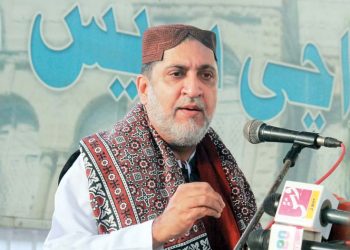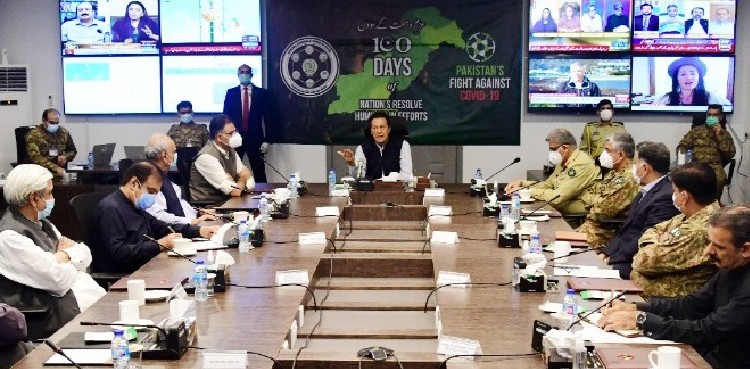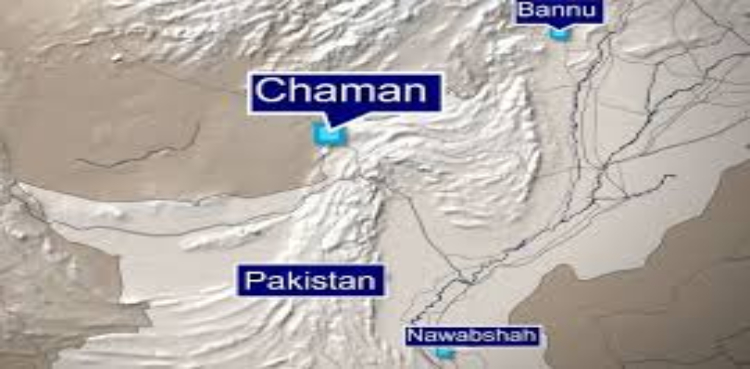Finally closing the book, the Supreme Court (SC) has directed to hold elections in 90 days as it announced the reserved verdict in the suo motu case on a delay in the announcement of date for elections in Punjab and Khyber Pakhtunkhwa (KP).
A divided court ultimately reached a decision with a slim majority, 3-2. Justice Mansoor Ali Shah and Justice Jamal Khan Mandokhail objected to the decision.
The election commission has been directed to take the necessary measures to conduct the polls in both provinces where the assemblies had been dissolved by Pakistan Tehreek-e-Insaf (PTI).
All government institutions have been ordered to ensure cooperation with the election commission for holding polls in both provinces.
The court deemed the president’s order to hold polls in KP invalid due to the dissolution of the assembly by the governor. The governor will announce the date of polls in the province after consultation with the electoral body.
In contrast, the president’s order was ‘constitutional’ for Punjab.
The commission had been directed to immediately propose, keeping in mind sections 57 and 58 of the Election Act 2017, a date to the president that is compliant with the aforesaid deadline.
However, “If such a course is not available, then the Election Commission shall in like manner propose a date for the holding of the poll that deviates to the barest minimum from the aforesaid deadline.”https://www.slideshare.net/slideshow/embed_code/key/d0VSTIuwM5W234?hostedIn=slideshare&page=upload
Yesterday, the court had reserved its verdict. The chief justice of Pakistan said the court would try to announce the verdict “any time today”.
The counsel for the president announced that his client has decided to withdraw the notification for elections in KP.
Salman Akram Raja admitted the president should not have announced the date for elections in KP, as the provincial assembly was dissolved by the governor. He could only notify polls in Punjab.
He said the president maintains the governor had the authority to announce elections in KP. The president invited the election commission for consultation, which it refused.
The president gave the date according to the Constitution and law, Raja maintained.
Elections should be held in 90 days in any case, Advocate Raja said.
The CJP said that in the current circumstances, it is imperative that elections are held within 90 days.
He also said the case was in its second day at the apex court, and was almost complete.
A five-member bench, headed by CJP Umar Ata Bandial and comprising Justice Munib Akhtar, Justice Muhammad Ali Mazhar, Justice Mansoor Ali Shah and Justice Jamal Mandokhel, was hearing the case to assess who has the constitutional responsibility to conduct elections and when.
Rejecting PPP counsel Farooq H Naek’s request for deferring the proceedings till tomorrow, the bench had given time till 4pm to the counsel representing three main political parties in the ruling coalition – the PML-N, PPP, and JUI-F – to consult their leaders for advice on the mutual date for elections.
The CJP had said they wanted to wrap up the case today. He also asked the PTI to consult its leadership.
As the hearing resumed, Advocate Naek said the PPP believed it was not the duty of political parties to announce election dates.
The president, he added, announced the elections without the advice of the prime minister, which is against the Constitution. The president did not even consult the election commission.
Justice Akhtar observed that when an assembly completed its tenure, elections have to be held within two months. It is the president’s prerogative to announce elections, he added.
The CJP then observed that the same case was being heard by two high courts, adding the SC was making efforts to take the matter ahead.
Counsel for the JUI-F, Kamran Murtaza, maintained that it was the authority of the governor to announce the election date. It is not possible to conduct elections under the previous census in two provinces.
Disagreeing with the PPP lawyer, Murtaza said it is not possible for the governor to give the date in one province and not in another. The powers of the president under the Elections Act are not in accordance with the Constitution, he added.
“The governor belongs to your party, ask him to announce the date,” Justice Mandokhel remarked.
The PML-N counsel said they will not have a problem if the SC observes that the governor will announce elections.
Justice Mazhar remarked the real issue is time, a lot of which has been wasted. “If the 90-day limit passes, who will be responsible?” he questioned.
PTI leader Fawad Chaudhry said if it was decided that the elections will be held beyond 90 days, it will make things difficult in the future. “We are ready to return to the assembly to participate in the constitutional amendment process,” he added.
He said they did not want to set a precedent where elections go beyond 90 days.
Justice Shah asked who had the authority to announce a date for elections.
In KP, Naek replied, it was the governor, while the Constitution was silent about the situation in Punjab.
The suo motu notice was taken on February 23, following criticism from the government over President Arif Alvi’s announcement of the date for polls.
A nine-member bench was originally constituted, but four judges recused themselves, and a written order including dissenting notes was issued on the SC’s website.
In the previous hearing, CJP Bandial stated that the parliament has clearly written in the Elections Act, 2017, that the president can announce the date for polls.
The hearing is expected to conclude today.
9-member bench dissolved
The nine-member bench of the SC that was hearing a crucial suo moto case regarding election dates in Punjab and KP had been disbanded after four judges recused themselves to ensure an unbiased adjudication.
The coalition parties, including PPP, JUI-F and PML-N as well as Pakistan Bar Council (PBC) had raised an objection to the presence of Justice Sayyed Mazahar Ali Akbar Naqvi and Justice Ijazul Ahsan in the bench.
They demanded that two judges should recuse from the bench hearing the suo motu case over delay in the elections in two provinces.
CJP takes suo motu
The CJP took suo motu notice after a division bench of the top court referred the matter of delay in polls in both provinces to the top judge, asking him to invoke the jurisdiction.
In the notice, CJP Bandial said the top court’s bench would consider the following questions:
- Who has the constitutional responsibility and authority for appointing the date for the holding of a general election to a provincial assembly, upon its dissolution in the various situations envisaged by and under the Constitution?
- How and when is this constitutional responsibility to be discharged?
- What are the constitutional responsibilities and duties of the federation and the province with regard to the holding of the general election?













































